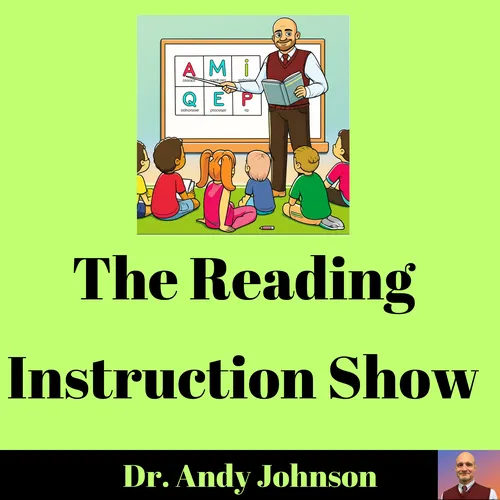
The Reading Instruction Show
The Reading Instruction Show is a podcast about reading instruction (and other things) with a little bit of attitude. There is plenty here to inform and entertain all. And, by the way, I'm not trying to sell any books. I don't have any curriculum or programs to market. I don't accept speaking fees. And, I don't ever want to be a consultant.
- Update frequency
- every 8 days
- Average duration
- 15 minutes
- Episodes
- 295
- Years Active
- 2019 - 2025

Selective Umbrage: Emily Hanford is an Alexa App
In a recent show, I referred to Emily Hanford as the Alexa App of reading instruction. This was a metaphor, a common literary device in which one makes a comparison without using the words ‘like’ or…
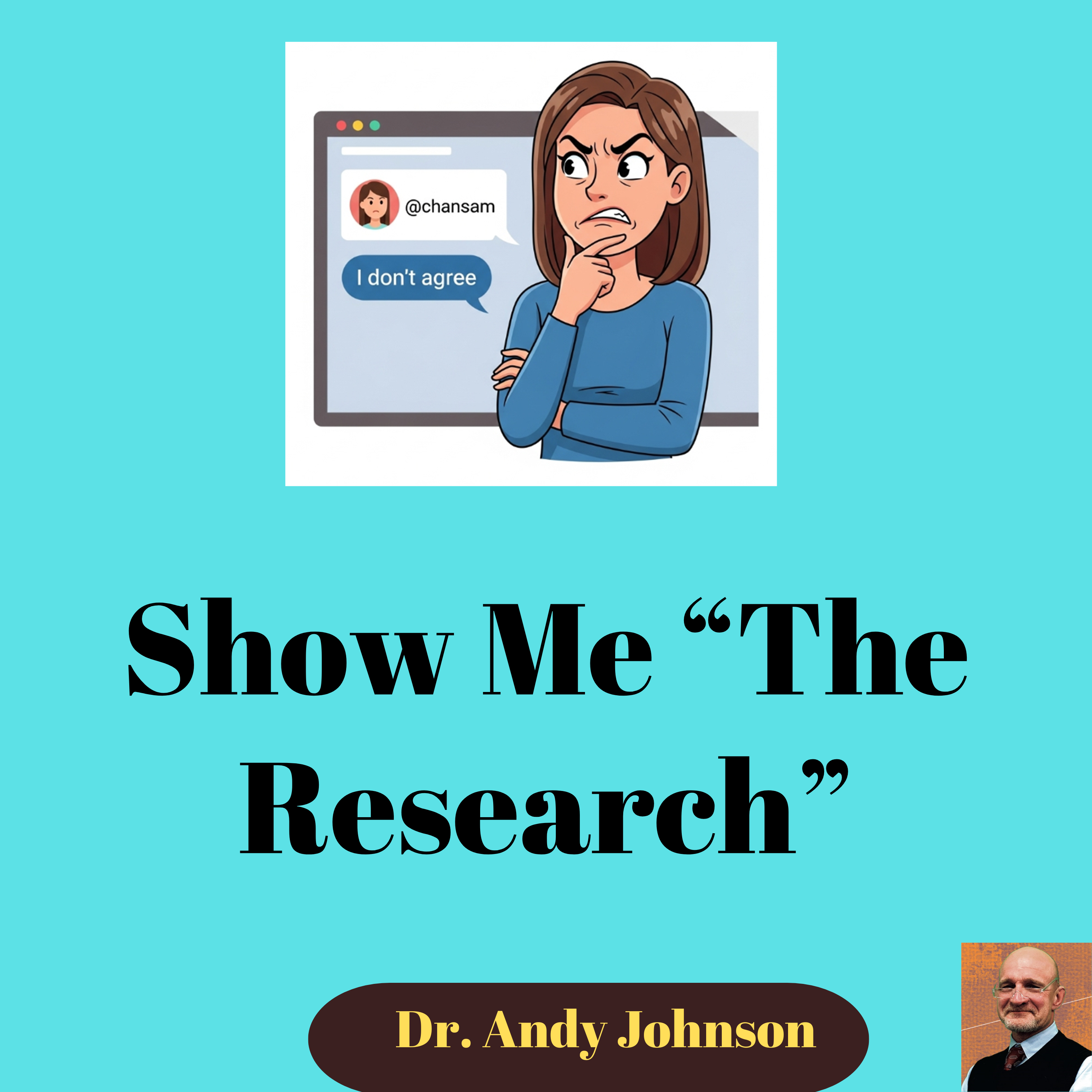
Show Me "The Research'
If somebody makes the claim that research says something, one has an obligation to have read a research article at least once in their life. And if somebody says, “Show me the research,” that person…
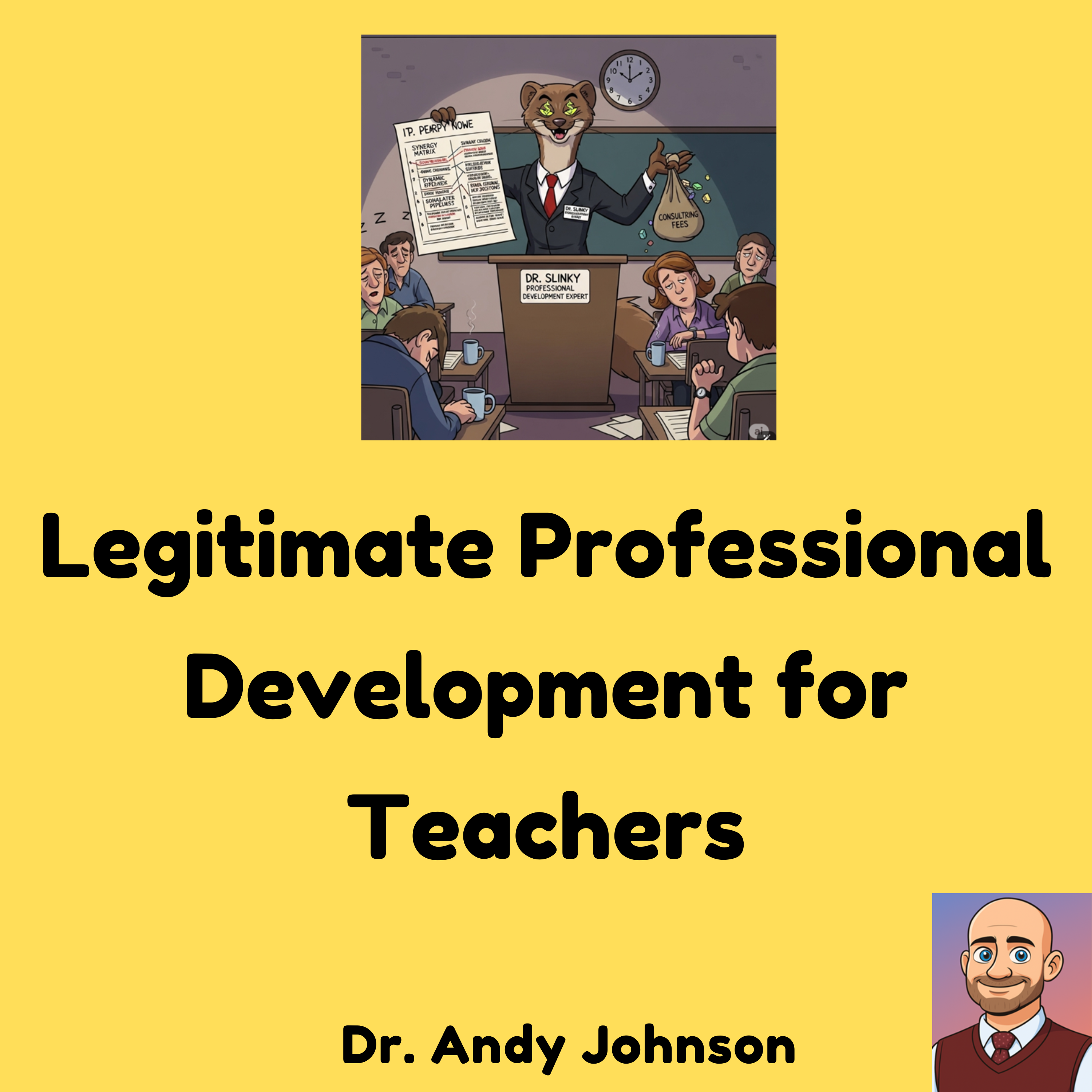
Legitimate Professional Development for Reading Teachers
Legitimate professional development for teachers is necessary. I used the term ‘legitimate’ to exclude programs and services that are profit-based. These are usually little more than infomercials d…

Toadys, Transaction, and Reading Instruction
Toadys sometimes call themselves “consultants”. They promote methods and say things that just happen to coincide with the products and services being sold by Big Publishing. Quite a coincidence, ye…

The Ideology of Reading
Despite having the word “science” in their title, the proposals put forth by the SoR are not grounded in science at all, but in pseudo-science, I-think-isms, and anecdotal evidence. In fact, they ar…

Forward to the Past: Writer Over to People
One of the reasons why the Science of Reading people have been so successful is that they’ve been writing to the people over there. They’ve used stories and radio documentaries that sound very much …

Conversation with Daphne Russell
This is a conversation with another master teacher, Daphne Russell

Reading Wars and the Education Science Reform Act of 2002
There never was a reading war. A war assumes there are two armies meeting on a field of battle. This didn’t happen. But there was a reading coup. There was a hostile takeover of the field of lite…

Cognitive Science and Reading
Neuroscience is a study of the nervous system including the brain, spinal cord, and neurons (NIH, 2025). The neuroscience of reading looks at how the brain functions during reading using imaging tec…

Orthographic Mapping: Weak or Robust Theory?
In this podcast, I try to make sense of orthographic mapping, a term invented by Linnea Ehri and introduced in Chapter 15 (Ehri, 2014). We’ll start with her definition:
“Orthographic mapping occurs…

Everybody Uses Direct Instruction For Reading
The term “direct and explicit instruction” is often used to sell products or to persuade state legislators to make bad decisions. But everybody already uses direct instruction in some form. It's…

Research to Support the Three-Cueing Systems
Our big human brains have evolved to become very efficient predicting machines (Hawkins, 2004). They are constantly accessing multiple data sources in order to give us a sense of what will happen ne…
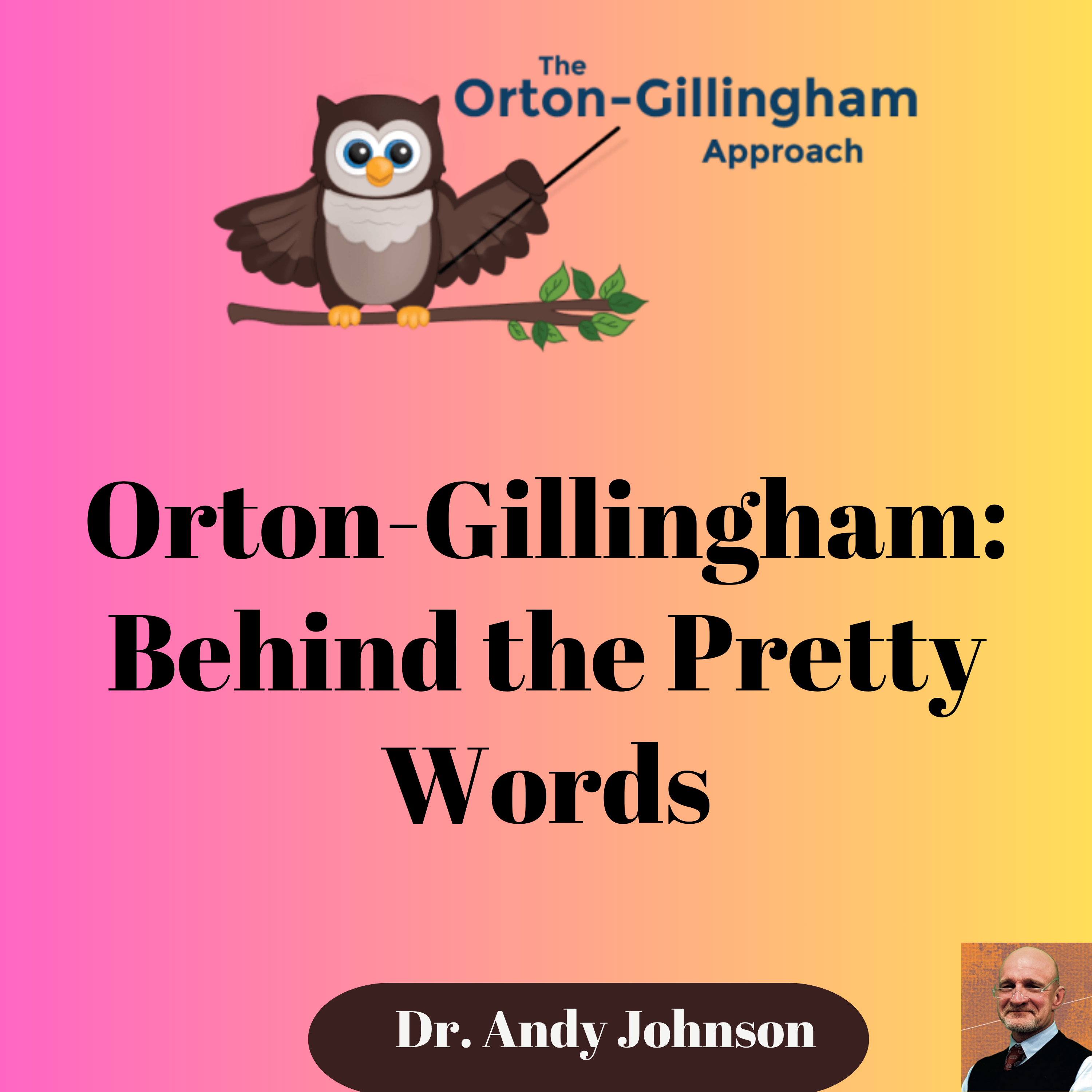
Orton-Gillingham: Behind the Pretty Words
The problem with Orton-Gillingham and similar for-profit products (Lindamood, Wilson Language Training, Barton System, etc.) is that they try to reduce teaching to an algorithm. An algorithm is a fo…

Defining the Science of Reading
When somebody askes you, “What’s the Science of Reading?” what do you say? Is it a process? Is it a set of strategies? An approach or method? A reading program? A group or organization? In this…
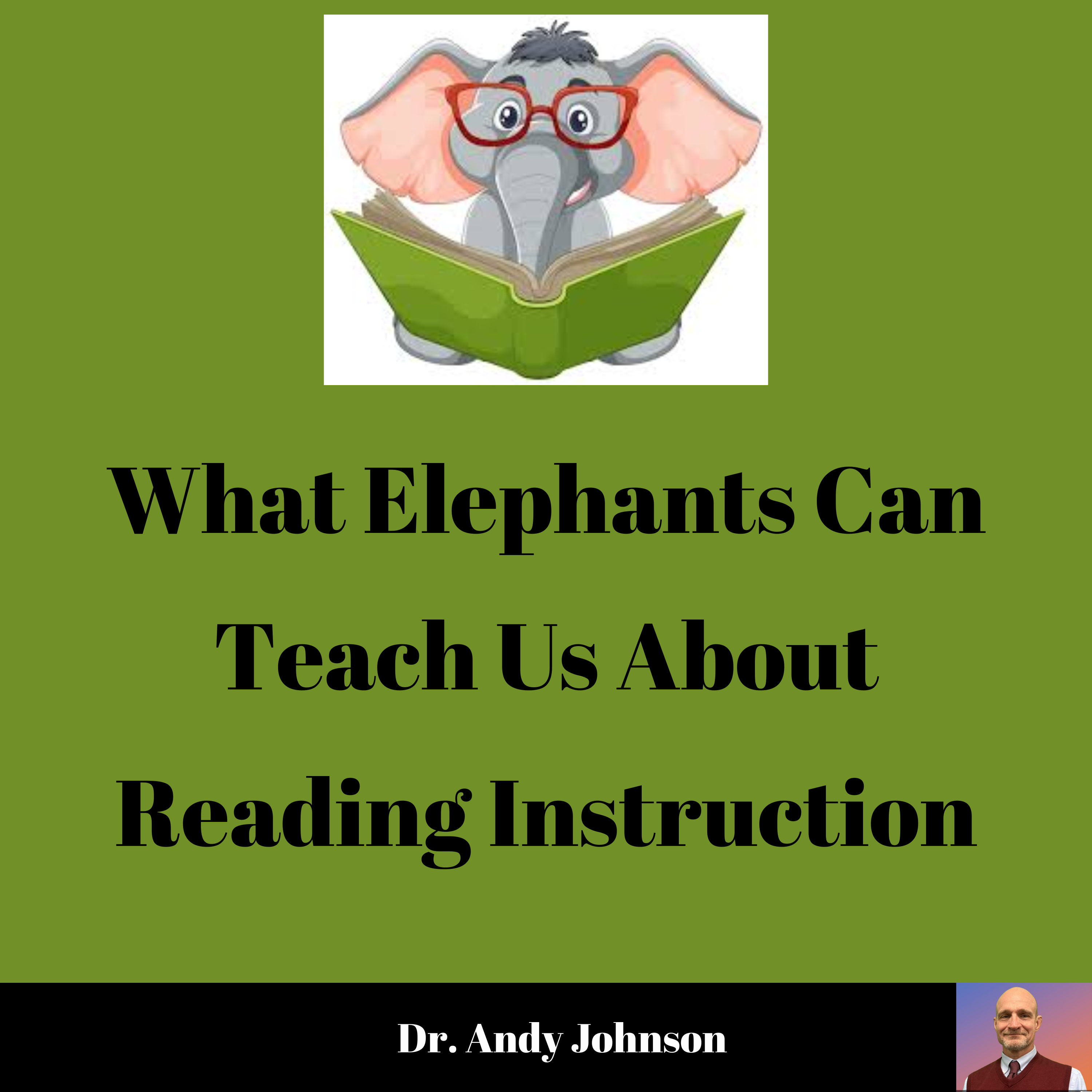
What Elephants Can Teach Us About Reading Instruction
The really big point is this: It’s the semantic connections that are most important, not orthographic, graphemic, or phonemic connections. When you encounter the words ‘elephant’ you don’t connect w…
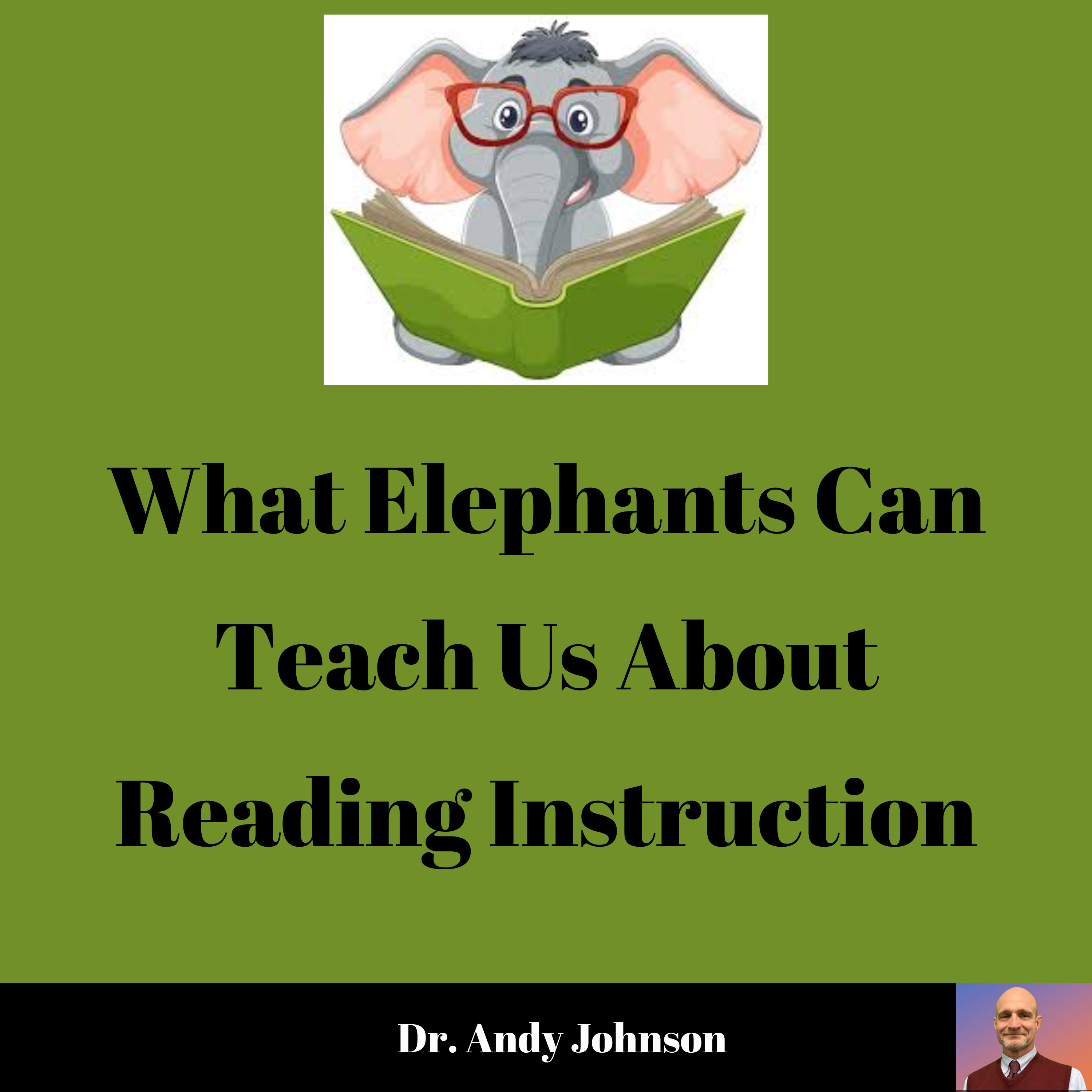
What Elephants Can Teach Us About Reading Instruction
The really big point is this: It’s the semantic connections that are most important, not orthographic, graphemic, or phonemic connections. When you encounter the words ‘elephant’ you don’t connect w…

The 3 Q-ing Systems: What it Isn't and Is
1. It’s not a strategy to teach students.
2. It’s not a pedagogical strategy that teachers use.
3. It doesn’t exclude phonics instruction.
4. It doesn’t encourage children to use picture clues to figure…

Metaphysicial Perspectives
In his book, Global Mind Change (1989), Willis Harman describes three views of reality which he calls metaphysical perspectives. Metaphysical here refers to ontology or the question of the origins o…

Belief Systems and Mental Sets
Why do we sometimes believe the unbelievable? Why is it our views are sometimes data-resistant? We like to think that reality determines our beliefs; however, at higher levels of belief systems, our …

Being and Becoming Responsible Consumers of Educational Research
There’s a difference between (a) reading research related to reading instruction and (b) reading what others have said about research related to reading instruction. It’s important to know the diffe…